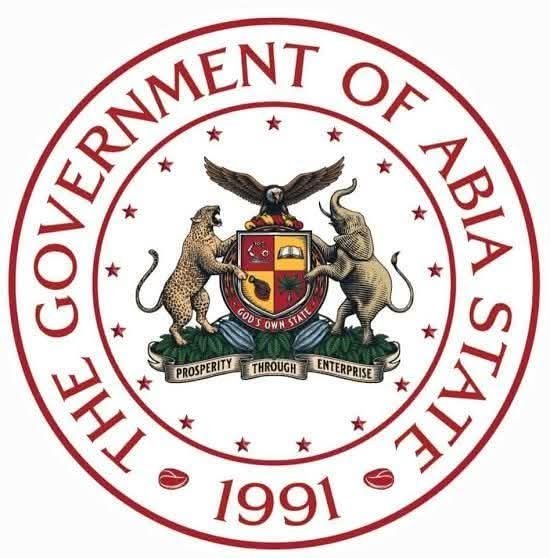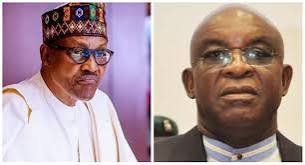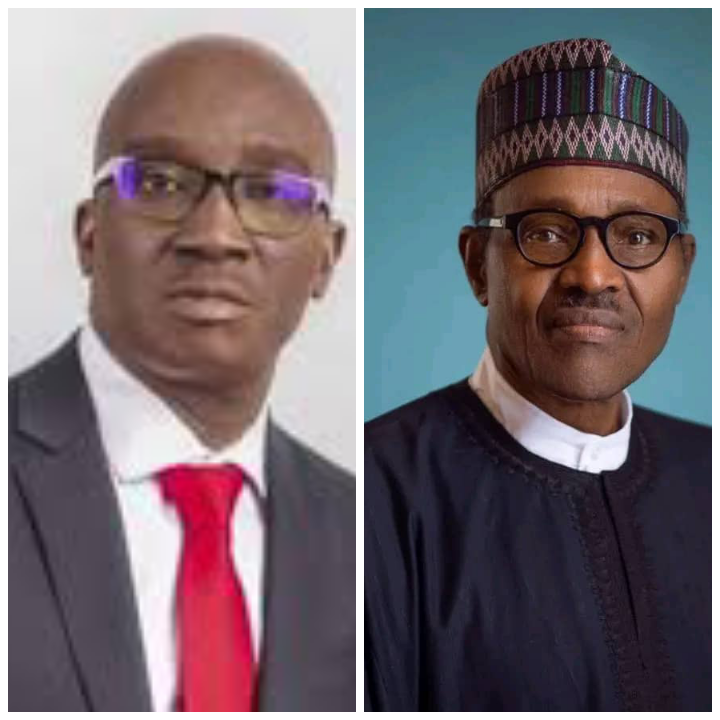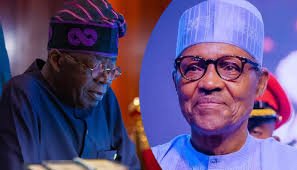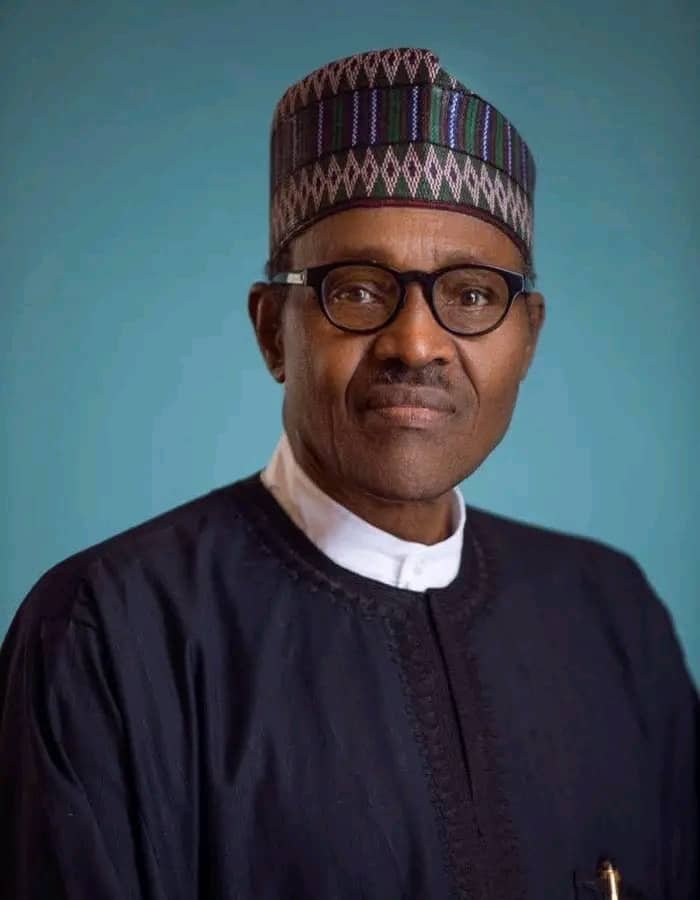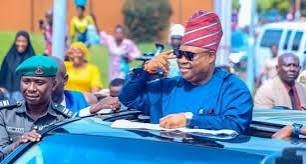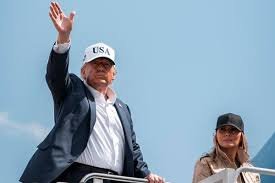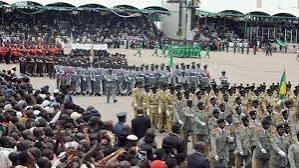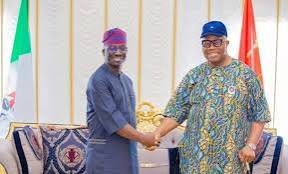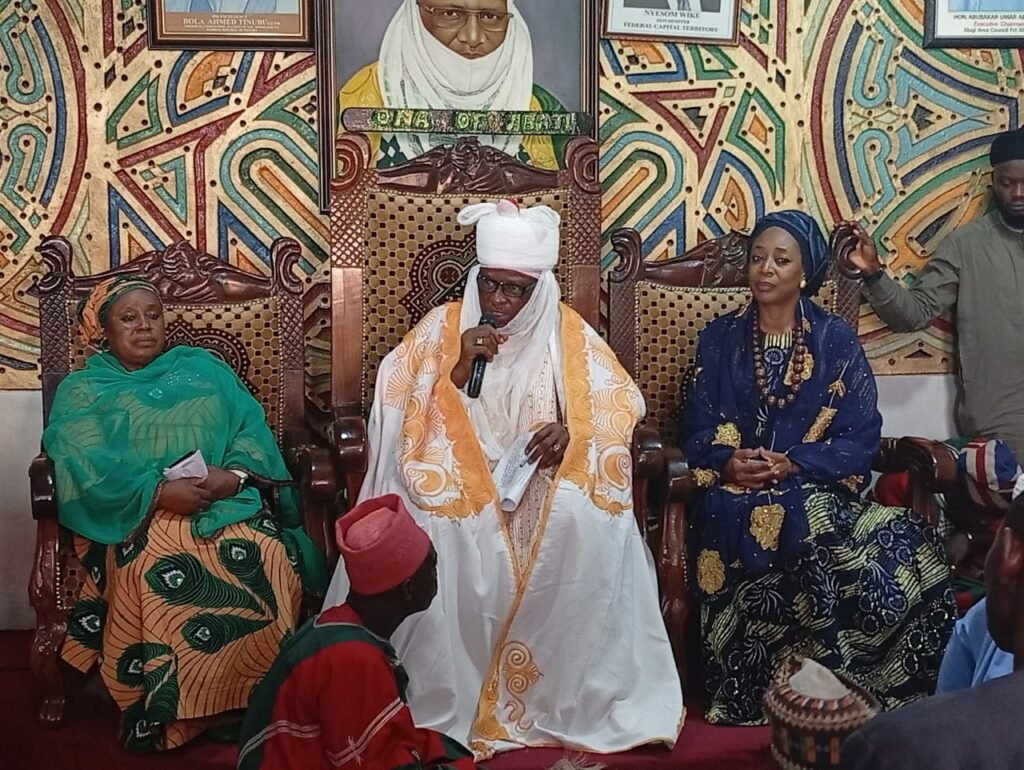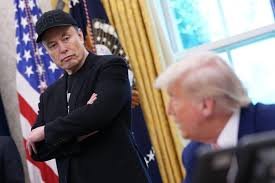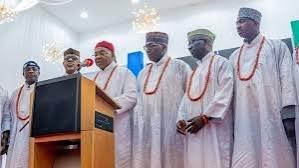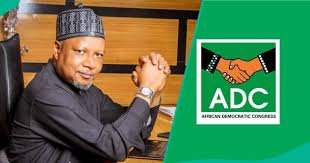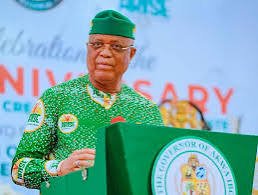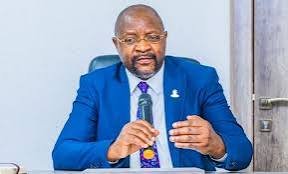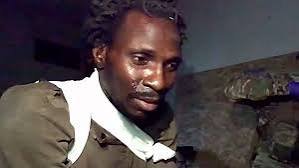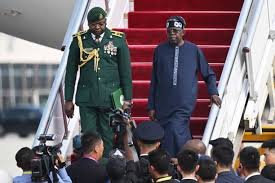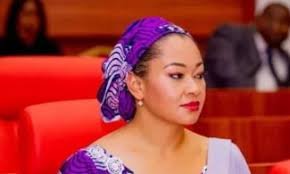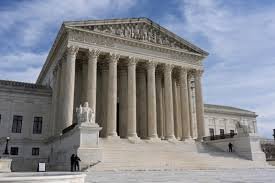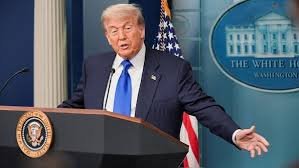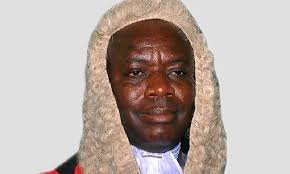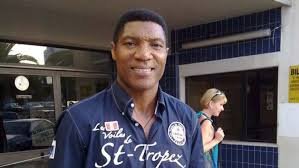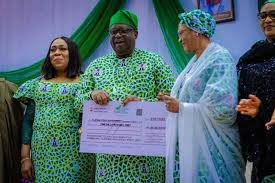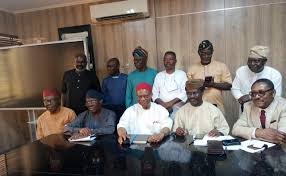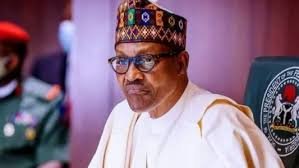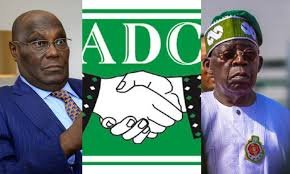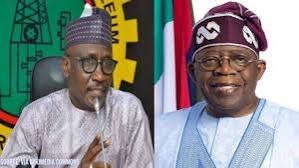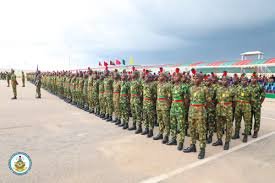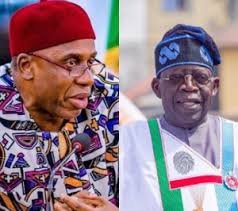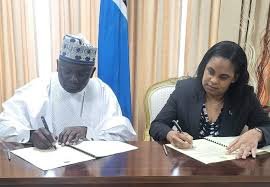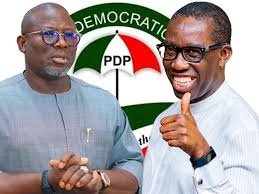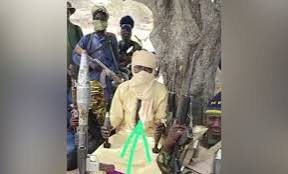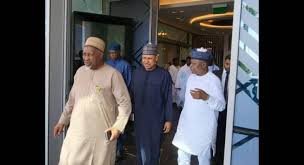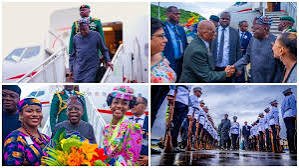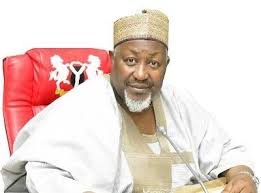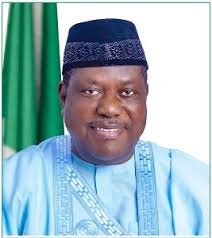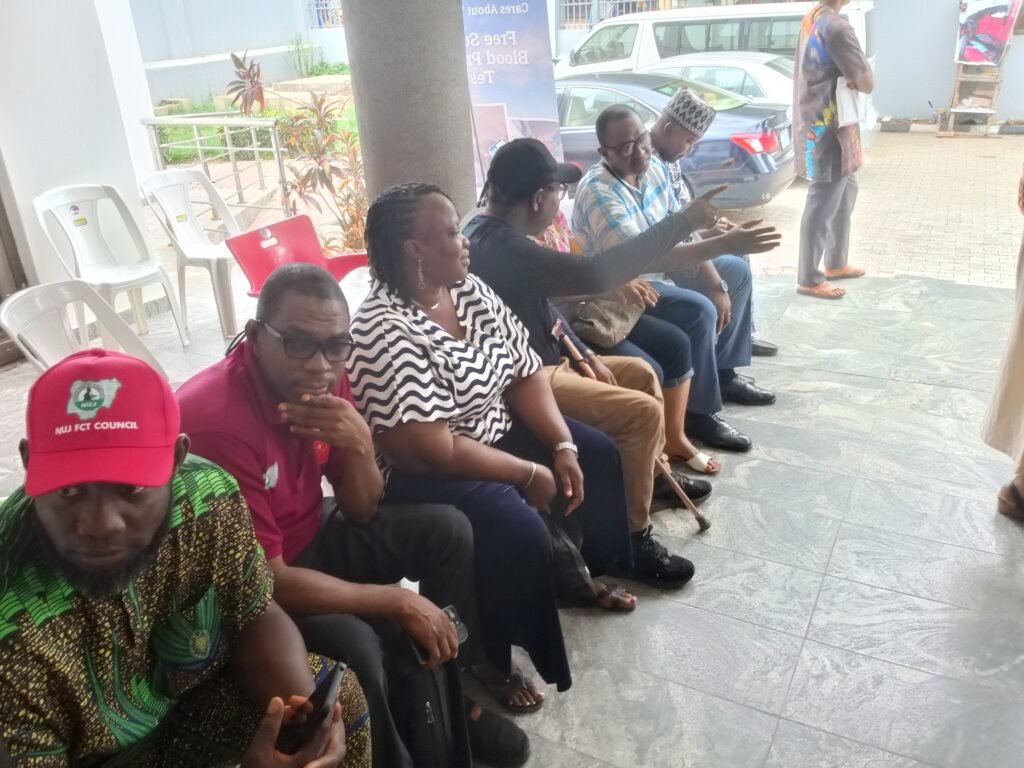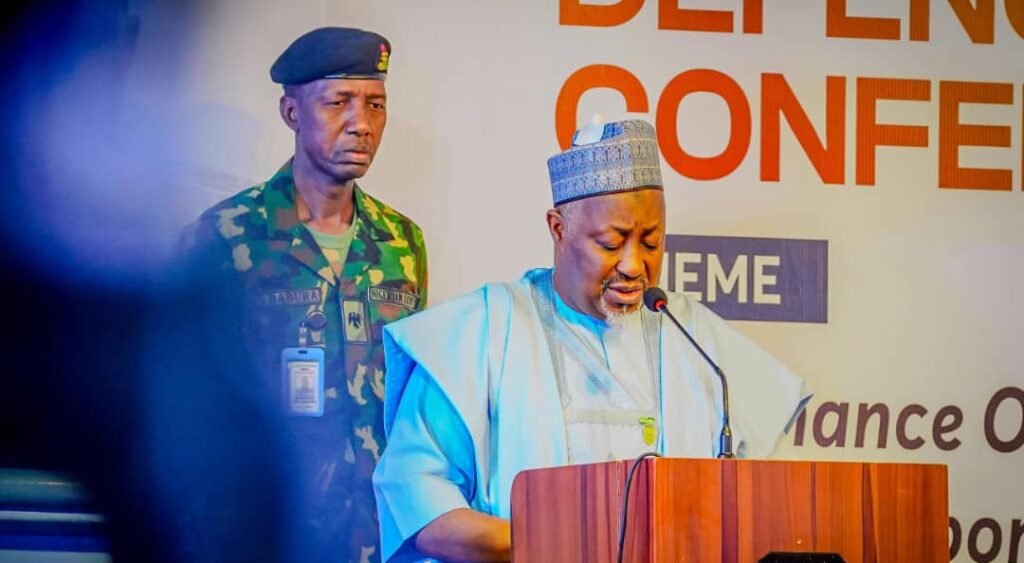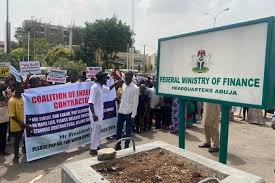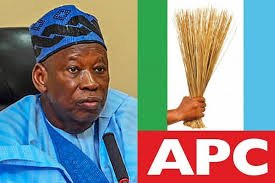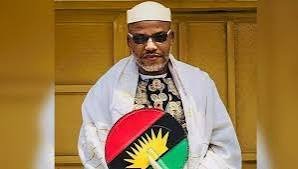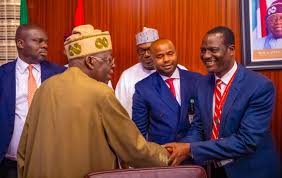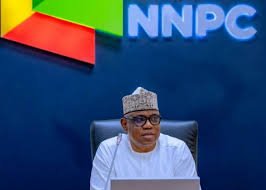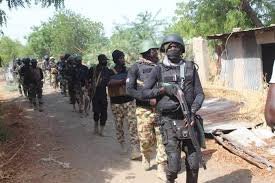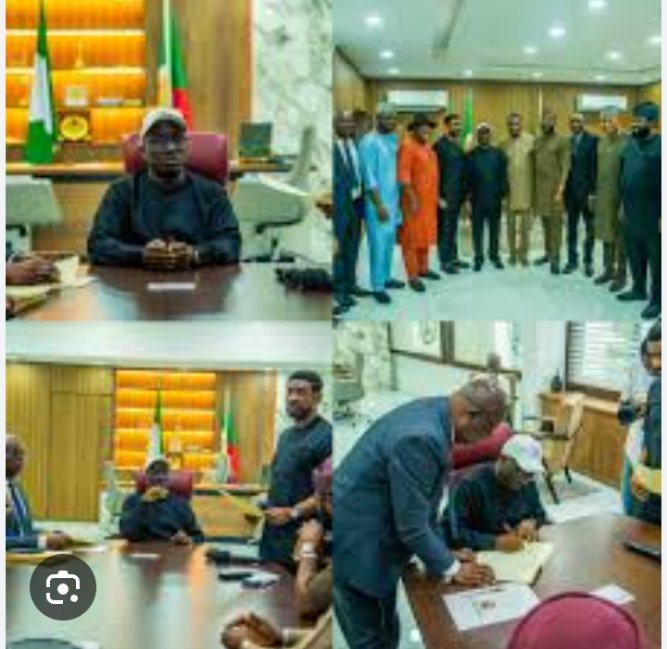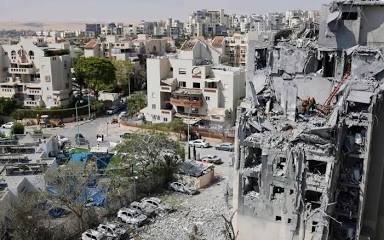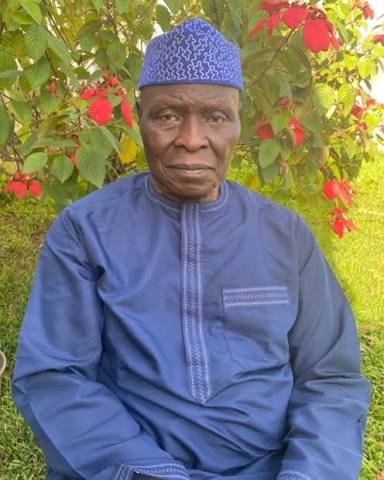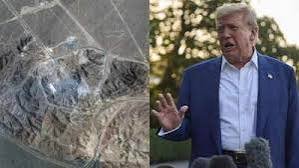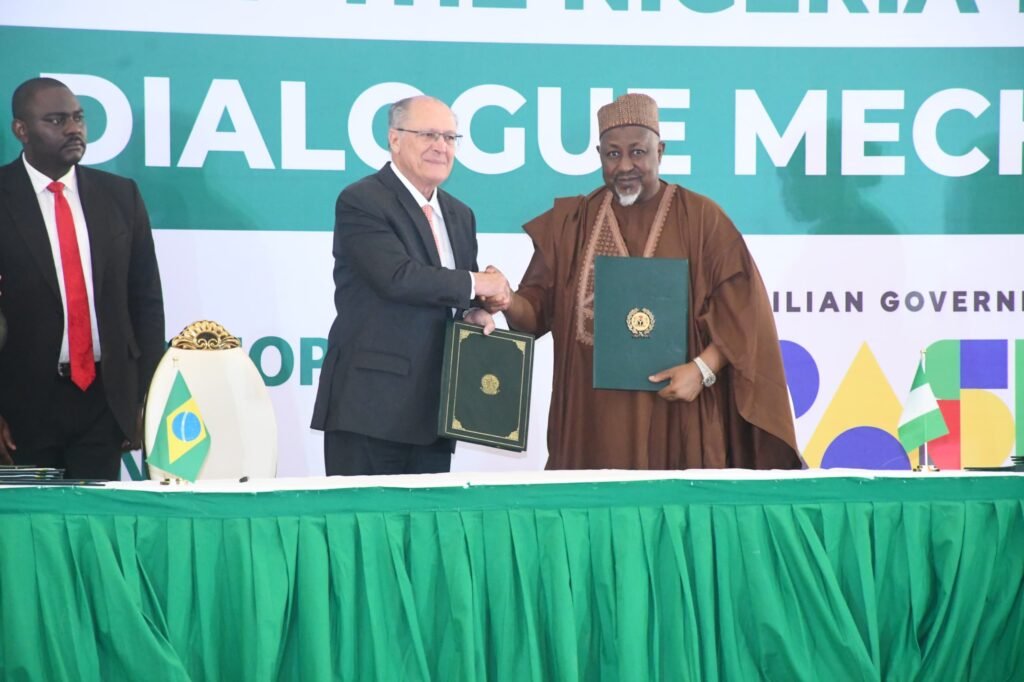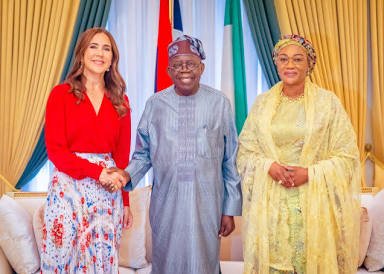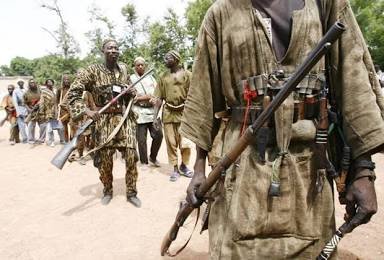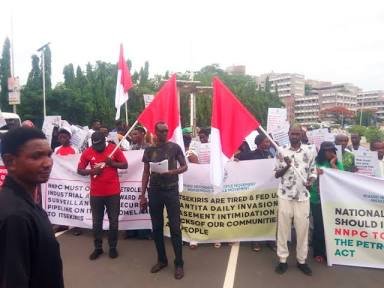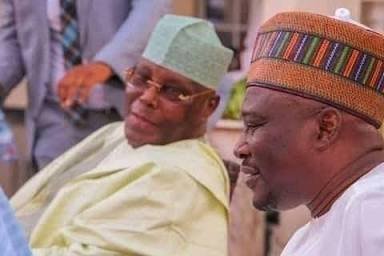STATE POLICE NO LONGER OPTIONAL, TINUBU DECLARES

President Bola Ahmed Tinubu has declared that the establishment of state police is no longer optional, calling it a “national imperative” to confront Nigeria’s deepening security crisis. He made this declaration on Monday at a high-level legislative dialogue on National Security and Constitutional Reforms in Abuja.
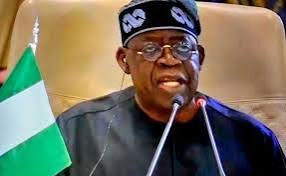
According to Tinubu, the centralized policing model has outlived its usefulness, and the 1999 Constitution is increasingly outdated in confronting the country’s complex security challenges. “Our Constitution must evolve or risk becoming a threat to the very unity it was meant to preserve,” he warned.
Tinubu advocated for bold constitutional amendments to move policing from the Exclusive to the Concurrent Legislative List, allowing states to establish and control their own police forces, subject to federal oversight. “We must adapt global best practices that balance decentralized policing with national cohesion. Without constitutional support, community-based policing initiatives will remain ineffective,” he said.
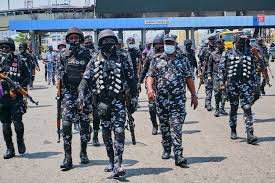
The President’s remarks align with increasing calls by governors, traditional rulers, and civil society for a decentralized security framework amid rising insecurity across the country. Tinubu acknowledged that constitutional constraints continue to undermine lasting progress, noting that without structural reforms and clear legal mandates, these gains remain fragile.
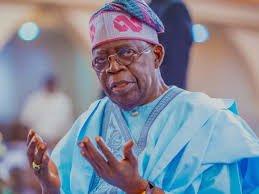
On border security, Tinubu emphasized the need for legal clarity on the roles of federal and state actors. “There must be legal clarity on the roles of federal and state actors in border security,” he said, highlighting efforts on the National Safe Schools Response Coordination Centre and community policing frameworks.
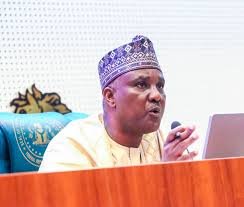
Speaker of the House, Tajudeen Abbas, described the dialogue as timely and essential, given Nigeria’s worsening security landscape. “We must move beyond motions and embrace legislative action,” he said. “The goal is to reposition our security architecture to reflect current realities.”
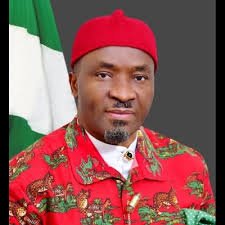
Deputy Speaker Benjamin Kalu, who chairs the Constitution Review Committee, emphasized that reforms must be based on practical realities from the armed forces and other security agencies. “We are here to listen to those who wear the uniform and understand the pain points,” he said.
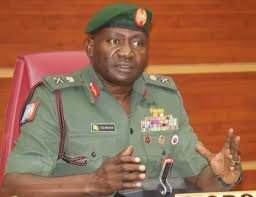
Chief of Defence Staff, General Christopher Musa, called for amendments to the Armed Forces Act and constitutional provisions that clarify the military’s role in internal security. “Security is not just about weapons; it is about legal clarity, institutional integrity, and public confidence,” Musa stated.
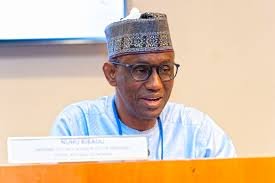
National Security Adviser, Nuhu Ribadu, represented by Maj. Gen. Adamu Laka, warned that constitutional reform is central to national survival. “A responsive constitution that reflects the realities and aspirations of Nigerians is critical to building public trust,” Ribadu said, urging the National Assembly to decentralize service delivery and enhance institutional capacity.
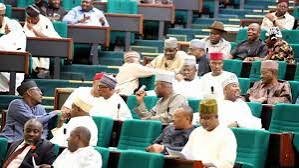
Tinubu urged lawmakers to act with urgency, saying, “Let history record that in this chamber, Nigeria’s leaders chose courage over caution, and reform over inertia.”

